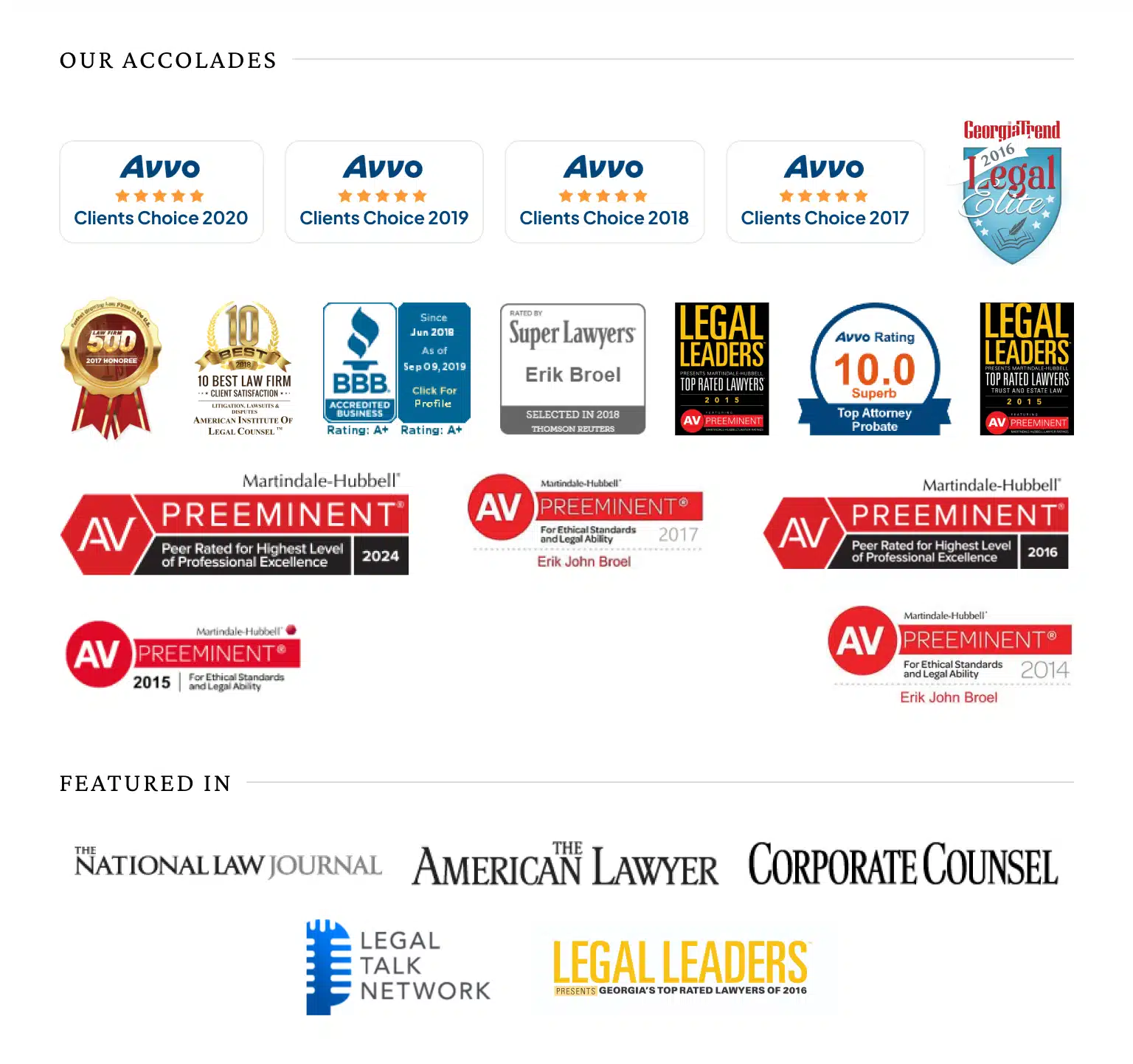Losing a family member or a loved one is a time characterized by intense and different emotions, and the idea of handling probate proceedings is a complicated and daunting task. Did the deceased leave a will that clearly states who the beneficiaries of their estate are and where they nominated an executor to carry out their last wishes? Are there specific actions and deadlines I should respect during the probate process? Do all heirs have to sign the probate documents? And what if an heir will not sign forms for probate? Do I need a probate attorney? If so, when should I hire one?
This post will help you understand what it means to start a probate process, who should sign the probate forms, and what happens when not all heirs sign them.
If the deceased left a last will, once it is found, the first step is filing a probate form with the probate court requesting that the testament be probated. The petition also asks that the nominated executor be appointed to act on behalf of the decedent’s estate.
All the deceased’s beneficiaries and heirs must be notified that the petition has been filed, so they could have the chance to object to and challenge the will.
If there is an intestate succession (the deceased died without a will), a petition seeking an estate administrator would be filed. In this case, a legal notification will be sent to all the deceased heirs. The person filling out the petition requests that the court appoint him or her as the estate’s personal representative.
Typically, the probate notice happens in one of two ways. First, the person filing the petition with the probate court may send the notice informally and request the heirs sign a consent that can be filed with the probate court.
Any estate heir receiving consent like this should be careful. Once the signed consent is filed with the court, the heir has given up his or her right to challenge the proposed executor’s or administrator’s petition.

Under Georgia probate law, whether or not there is a will, all the deceased heirs are entitled to receive a notice when the probate case is filed with the court.
However, when one of the persons who might inherit property doesn’t respond to the first notification, the probate court will send a formal notice, giving the interested parties the opportunity to oppose the probate petition that has been submitted.
If the heir wants to file an objection, he or she must do so quickly, as the time limit is typically 30 days.
It is recommended that you speak with a probate attorney to determine the deadline that you may have to respond.
Typically, there might be two reasons why an heir would not sign the probate forms:
It means whoever the petitioner is may have left them out, and the heir must move quickly to assert their rights. Georgia state laws allow notice by publication in the local newspapers in some circumstances.
If this happens, the heir could lose their right to object by not acting quickly. If you are in this situation, we recommend hiring a probate attorney to help. This can be a complicated situation to fix.
This typically means that the possibility of contesting the will left by the decedent or the issuance of the letter of administration is higher.
In such a situation, the named executor or the proposed administrator may file directly with the probate court to have the heir served with papers and given a deadline by which to respond.
Regardless of the reasons, an heir’s refusal to sign probate forms can have several legal and practical consequences:
Understanding the implications of what if heir will not sign form for probate is crucial for the estate executor or administrator and families dealing with an uncooperative beneficiary.
There are a few key reasons a sibling might refuse to sign and obstruct the probate process:
When disputes arise, the following ways can help resolve them:
The process can start with informal negotiations that could lead to a settlement, typically between the attorneys at different points throughout a dispute.
It is a formal process designed to encourage settlement, and the court requires it in almost all cases. All parties meet, and a mediator is present to help resolve issues.
When all parties agree, a dispute can end immediately with a written settlement. Since there are few limits on what the parties can agree upon, all options are on the table.
If all attempts to resolve the dispute have failed, the court’s decision might be to set a hearing date. Both parties must produce evidence, an investigation will take place, and the probate court judge will decide on the outcome.

When an heir refuses to respond during the probate process, the executor or administrator might need to take additional steps to proceed.
Firstly, the personal representative may consider notifying the court about the non-responsive heir. Typically, the court will send paperwork demanding the heir to respond within a specific timeframe.
When the heir continues to be unresponsive, the court may decide to proceed with the probate process without their consent, considering their silence as a waiver of their rights to contest the proceedings.
Moreover, when an heir refuses to sign any probate form, he might prolong the probate process, increase legal fees and administrative costs, and reduce the beneficiaries’ bequests.
Their behavior could also cause emotional strain among family members and lead to potential disputes.
In addition, even if the probate could continue without their participation, their non-response complicates and delays the proceedings, affecting all the involved parties.
If you are dealing with an estate with an uncooperative heir, you should seek assistance from an experienced probate attorney, preferably one who can and will litigate if necessary.
Certainly, probate can be a complex maze of rules, laws, paperwork, and timelines, especially when the estate is complicated and you have to deal with uncooperative beneficiaries. The refusal or non-response of an heir or a sibling to sign the probate forms might lead to significant delays, increased costs, and emotional stress for all involved.
Are you asking yourself “What if heir will not sign the form for probate?” Then, you should know that while the probate process can continue, it would likely be more complex and contentious. We recommend contacting our office at (770) 796-4271 to set up a consultation with one of our team members and get assistance to navigate the situation as stress-free as possible.
Disclaimer These websites have not been reviewed by Georgia Probate Law Group and are not endorsed or even recommended by Georgia Probate Law Group. These websites are additional resources that you can use to further your general education on this topic.
Disclaimer: The information above is provided for general information only and should not be considered legal advice. Our probate attorneys provide legal advice to our clients after talking about the specific circumstances of the client’s situation. Our law firm cannot give you legal advice unless we understand your situation by talking with you. Please contact our law office to receive specific information about your situation.
Compassionate listeners, knowledgeable guidance. Schedule a free consultation with our team and let us help you and your family with your legal concerns.
GET IN TOUCH 770-796-4685Learn Important Probate Essentials, including key things that go wrong in an estate, how to prevent them, and what to do if they happen.



© 2025 Georgia Probate Law Group by Broel Law, LLC. All rights reserved.